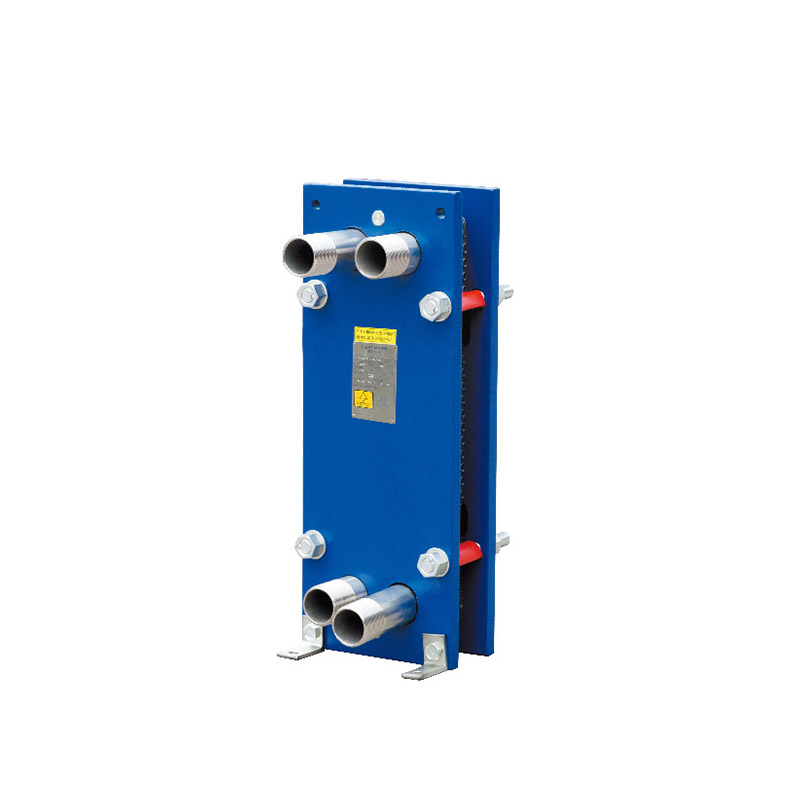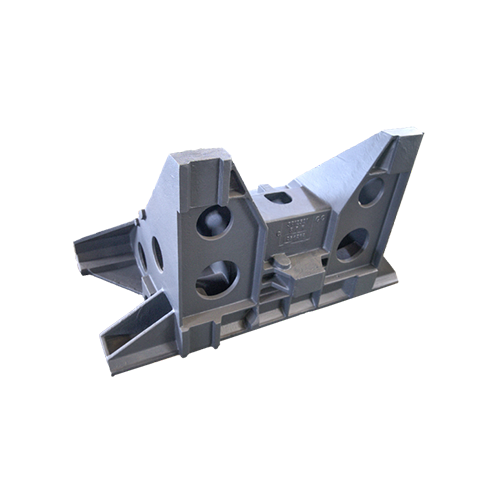Understanding Polyurethane Machinery and Its Industrial Role
Polyurethane machinery plays a crucial role in modern manufacturing, enabling industries to produce high-quality polyurethane products efficiently and consistently. Polyurethane (PU) is a versatile polymer used across automotive, construction, electronics, furniture, and packaging industries. Its applications range from rigid foams for insulation to flexible foams in mattresses and soft components for automotive interiors.
Industrial polyurethane machinery encompasses a wide variety of equipment, including reactor systems, mixing machines, spray systems, and molding lines. These machines facilitate the precise combination of polyol and isocyanate components, curing, and shaping into desired forms.
One of the global leaders in this field, Haifeng, specializes in designing and manufacturing advanced polyurethane production and processing systems. Known for precision engineering and innovative solutions, Haifeng serves diverse industries worldwide, providing machinery that enhances both productivity and product quality.
Key Features of Modern Polyurethane Machinery
Modern polyurethane machinery integrates advanced technology to optimize production efficiency, safety, and material utilization. Some notable features include:
Precision Mixing and Metering Systems
Accurate ratio control between polyol and isocyanate is critical to achieving consistent polyurethane properties. High-quality machinery, like that from Haifeng, utilizes automated metering systems that maintain exact chemical proportions, minimizing waste and ensuring uniform product characteristics.
Automated Control and Monitoring
Automation reduces human error, improves production consistency, and enables real-time monitoring of critical parameters such as temperature, pressure, and viscosity. Haifeng’s systems often feature PLC and touchscreen interfaces, allowing operators to control the process efficiently and monitor equipment status remotely.
Flexible and Customizable Designs
Polyurethane applications vary widely, so machinery must adapt to different formulations, production volumes, and product shapes. Haifeng provides modular machinery designs that can be customized for rigid foam, flexible foam, elastomers, coatings, and adhesives, offering scalable solutions for diverse industrial needs.
Safety Features and Compliance
Working with polyurethane involves handling reactive chemicals. Modern equipment includes safety interlocks, emergency shutdown systems, and containment measures to protect workers and comply with environmental and industrial safety standards.
Advantages of Using Polyurethane Machinery in Industrial Applications
Investing in specialized polyurethane machinery delivers a variety of benefits that improve operational efficiency and product quality.
Enhanced Production Efficiency
Automation, precise metering, and optimized reaction conditions accelerate the production process while reducing material waste. Machinery from Haifeng enables manufacturers to achieve higher throughput without compromising quality.
Consistent Product Quality
Polyurethane properties, such as density, hardness, elasticity, and surface finish, are highly sensitive to component ratios and curing conditions. Industrial machinery ensures uniform mixing, accurate temperature control, and precise dosing, resulting in consistent product quality across production batches.
Reduced Material Waste and Cost
Accurate chemical metering minimizes overuse of raw materials and rejects due to off-spec products. By improving yield, polyurethane machinery helps manufacturers lower production costs and enhance sustainability.
Flexibility in Product Development
Advanced machinery allows easy adjustments in formulations and processing conditions, enabling manufacturers to develop new products or customize existing ones to meet market demands without extensive retooling.
Improved Worker Safety
Automated systems reduce direct human interaction with reactive chemicals, lowering exposure risk and improving workplace safety. Haifeng machinery incorporates safety interlocks, ventilation, and containment solutions to ensure compliance with global safety regulations.
Integration with Quality Management Systems
Modern polyurethane machinery can be integrated with quality control and data management systems, facilitating real-time analysis, batch tracking, and compliance reporting. This integration enhances production traceability and reliability.
Applications of Polyurethane Machinery Across Industries
Polyurethane’s versatility makes it suitable for numerous industrial applications, and specialized machinery supports these diverse needs effectively.
Automotive Industry
Polyurethane is widely used in automotive components, including seating, dashboards, insulation panels, and bumpers. High-precision machinery ensures consistent density and hardness for comfort and durability, while enabling complex shapes and textures.
Construction and Insulation
Rigid PU foams are essential for thermal and acoustic insulation in buildings. Machinery capable of handling large-volume reactions and high-pressure molding produces panels, boards, and spray foam efficiently, improving energy efficiency in construction projects.
Furniture and Bedding
Flexible foams used in mattresses, cushions, and upholstered furniture require consistent softness and resilience. Polyurethane machinery ensures precise control over foam density and elasticity, resulting in premium-quality furniture products.
Electronics and Packaging
PU is employed in protective packaging, electronic housings, and insulation components. Advanced machinery allows precise control over curing and foaming to protect sensitive equipment and meet stringent tolerances.
Footwear and Sports Equipment
Polyurethane materials offer shock absorption and durability in footwear soles, sports padding, and protective gear. Machinery with precise mixing and molding capabilities enables manufacturers to meet performance standards consistently.
Key Considerations When Selecting Polyurethane Machinery
Choosing the right machinery is essential for achieving optimal performance, safety, and return on investment. Consider the following factors:
Production Volume and Scale
Assess the required production capacity to select machinery capable of handling the expected output. Haifeng offers both batch and continuous production systems suited for small, medium, and large-scale operations.
Product Type and Formulation
Different PU products require specialized machinery. Identify whether your focus is on rigid foam, flexible foam, elastomers, coatings, adhesives, or composite materials to select compatible equipment.
Degree of Automation
Determine the level of automation that aligns with your operational goals and workforce capabilities. Fully automated systems reduce labor costs and improve repeatability, while semi-automated machines provide flexibility for smaller-scale production.
Space and Infrastructure Requirements
Evaluate floor space, utilities, and environmental control requirements such as ventilation, temperature regulation, and chemical storage. Haifeng designs compact and modular systems suitable for diverse manufacturing environments.
Service, Support, and Training
Reliable after-sales support and operator training are crucial for smooth operations. Haifeng offers technical assistance, maintenance services, and operator training to maximize machine uptime and production efficiency.
Compliance and Environmental Regulations
Ensure the machinery meets local and international safety, environmental, and quality standards. Haifeng machinery is engineered to comply with ISO, CE, and other regulatory certifications, reducing risk and supporting sustainable manufacturing.
Technological Innovations in Polyurethane Machinery
Innovation drives efficiency, sustainability, and product versatility. Haifeng continues to invest in research and development to integrate advanced technologies in their equipment.
Advanced Mixing Technology
Innovations in high-speed mixers, static mixers, and dynamic blending systems improve chemical homogeneity and reduce cycle times, enhancing foam consistency and surface quality.
Smart Monitoring and Control Systems
Integration of PLC-based systems, IoT sensors, and cloud monitoring allows real-time process tracking, predictive maintenance, and data-driven decision-making for optimized production.
Energy-Efficient Systems
New machinery designs incorporate energy recovery, efficient heating, and optimized pump systems, reducing operational costs and environmental impact.
Flexible and Modular Configurations
Modular machinery enables easy expansion, reconfiguration, and adaptation to new formulations or production lines without extensive downtime.
Maintenance and Operational Best Practices
Proper maintenance and operation are essential to maximize the lifespan and performance of polyurethane machinery.
Regular Cleaning and Component Inspection
Ensure all mixers, nozzles, molds, and pipelines are cleaned regularly to prevent chemical buildup, contamination, or blockages.
Preventive Maintenance
Schedule routine inspections for pumps, heaters, valves, and sensors. Early detection of wear or malfunction prevents costly downtime and prolongs machine life.
Operator Training
Properly trained operators reduce errors, maintain consistent product quality, and respond effectively to process deviations. Haifeng provides comprehensive training programs covering safety, operation, and troubleshooting.
Monitoring Process Parameters
Consistently track temperature, pressure, and viscosity to maintain product consistency. Implement automated alarms or alerts for deviations to prevent off-spec batches.
Economic and Competitive Advantages of Investing in Polyurethane Machinery
Investing in high-quality machinery brings long-term economic benefits and strengthens competitive positioning.
Higher Productivity and Faster ROI
Automated systems increase production speed and reduce labor costs, enabling manufacturers to scale operations efficiently and achieve faster returns on investment.
Superior Product Quality and Brand Reputation
Consistent product quality enhances brand reputation and customer loyalty. Machinery from a trusted manufacturer like Haifeng ensures repeatable and high-standard results.
Reduced Waste and Operational Cost
Precision dosing, efficient mixing, and controlled reactions minimize raw material waste and energy consumption, reducing operational costs and environmental impact.
Capability for Innovation
Flexible machinery allows the introduction of new PU formulations and products, helping companies innovate, expand product lines, and meet evolving market demands.
Environmental and Safety Considerations
Sustainable and safe operations are essential in modern polyurethane manufacturing.
Chemical Handling and Storage
Proper storage of polyols, isocyanates, and additives minimizes risk. Machinery designs often include sealed connections, containment systems, and automated handling to reduce exposure.
Waste Management
Optimized machinery reduces material spillage and rejects. By-products and wastewater are treated or recycled to comply with environmental regulations.


